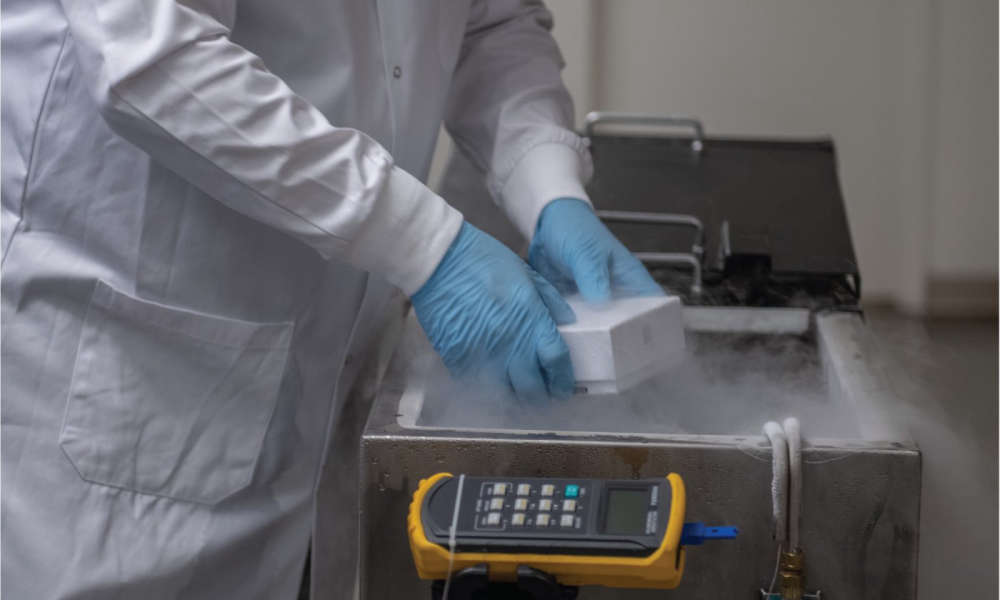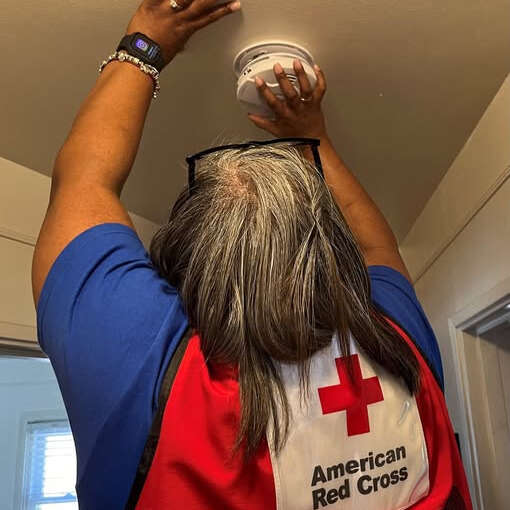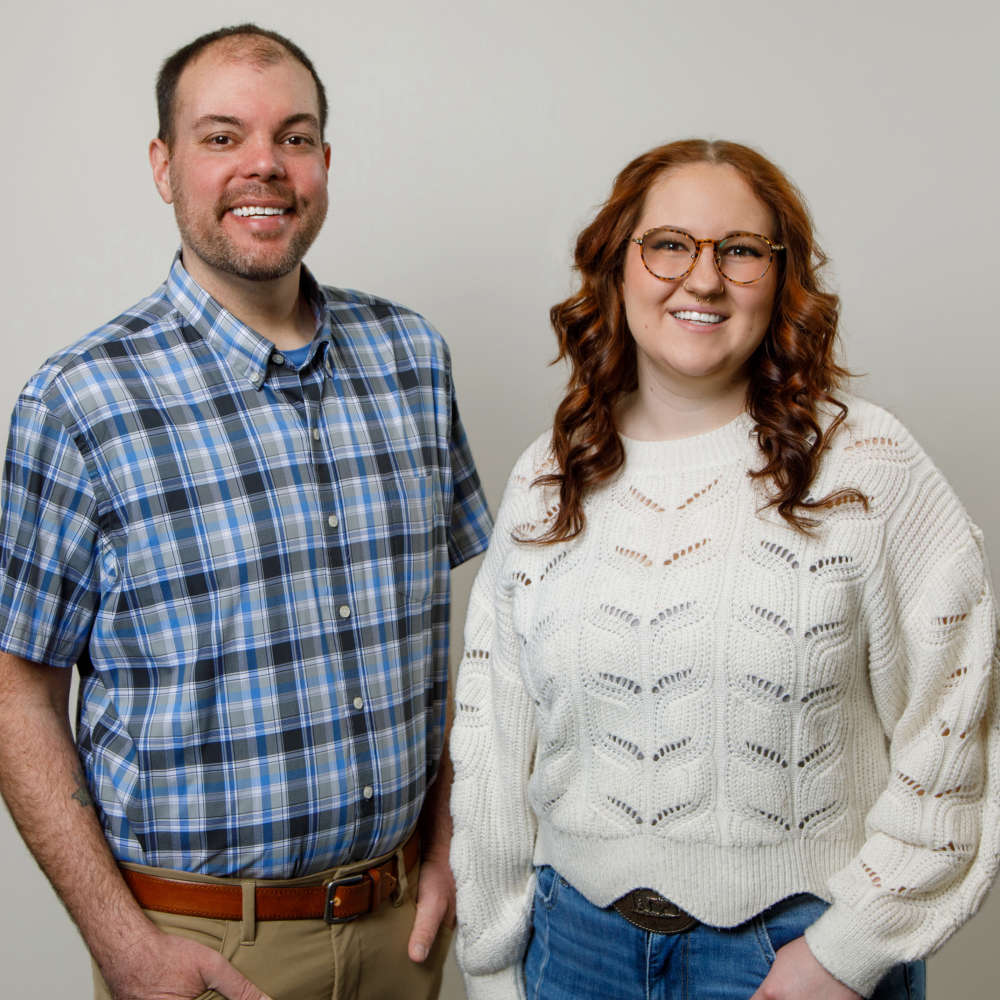
The VAI has been awarded $7.9 million for the Cancer Moonshot Biobank Study.
GRAND RAPIDS, Mich. (Sept. 15, 2022) — VIA Press Release
The Van Andel Institute’s Biorepository has been awarded a $7.9 million, five-year contract from the National Cancer Institute (NCI), part of the National Institutes of Health, to continue serving as the biorepository for the Cancer MoonshotSM Biobank study. The Institute has served as the Cancer MoonshotSM Biobank Biorepository since 2020, when it was awarded a two-year subcontract to develop the framework and protocols for this part of the initiative.
In its role, VAI assembles and distributes kits to hospitals and medical centers around the U.S. for the collection of tumor tissue, blood and other biospecimens. These samples are then shipped to VAI for processing and either stored for later study or sent to other organizations for analysis.
In all, the Biobank study is expected to collect biospecimens from more than 1,000 participants. These vital samples will help illuminate new insights into cancers of the blood, lungs, skin, prostate and gastrointestinal tract.
“Biospecimens are foundational for discovery. They allow us to study cancers in deep detail and are crucial for the development of new prevention, diagnostic and treatment strategies,” said Scott Jewell, Ph.D., director of VAI’s Pathology and Biorepository Core. “We are honored to be a part of the Cancer Moonshot Biobank study and look forward to contributing to a greater understanding of cancer.”
The Cancer Moonshot Biobank aims to accelerate cancer research through the collection of longitudinal blood and tissue biospecimens from cancer patients representing U.S. population diversity. The biospecimens, generally small biopsies, and accompanying medical data will be made available for cancer research. Evidence-based, well documented and consistent procedures are used to collect specimens of known quality.
VAI’s Biorepository provides services for a number of large-scale national and international projects, including NIH’s Clinical Proteomic Tumor Analysis Consortium and NCI’s Biospecimen Pre-Analytical Variables Program.
The Biorepository team also played an integral role in biospecimen collection for the NIH’s Genotype-Tissue Expression project, including developing and shipping the kits used by investigators around the country to collect tissue samples.
It currently serves as the biobank for the Multiple Myeloma Research Foundation’s CoMMpass Study, the Tuberous Sclerosis Alliance and the Van Andel Institute–Stand Up To Cancer Epigenetics Dream Team. Since 2012, VAI’s Biorepository has been accredited by the College of American Pathologists (no. 8017856), which provides objective assurance that VAI meets or exceeds the high standards set by CAP.
The project is wholly funded with federal funds from the National Cancer Institute, the National Institutes of Health, Department of Health and Human Services under Contract No. 75N91022D0008. The content of this publication does not necessarily reflect the views or policies of the Department of Health and Human Services, nor does mention of trade names, commercial products or organizations imply endorsement by the U.S. government.
ABOUT VAN ANDEL INSTITUTE
Van Andel Institute (VAI) is committed to improving the health and enhancing the lives of current and future generations through cutting-edge biomedical research and innovative educational offerings. Established in Grand Rapids, Michigan, in 1996 by the Van Andel family, VAI is now home to nearly 500 scientists, educators and support staff, who work with a growing number of national and international collaborators to foster discovery. The Institute’s scientists study the origins of cancer, Parkinson’s and other diseases and translate their findings into breakthrough prevention and treatment strategies. Our educators develop inquiry-based approaches for K-12 education to help students and teachers prepare the next generation of problem-solvers, while our Graduate School offers a rigorous, research-intensive Ph.D. program in molecular and cellular biology. Learn more at vai.org.

 4/18/25 - List of Easter Events for the Kids
4/18/25 - List of Easter Events for the Kids
 04/15/25 - Red Cross Going Door to Door This Month
04/15/25 - Red Cross Going Door to Door This Month
 8/15/24 - Groundbreaking For New Children's Rehab Hospital
8/15/24 - Groundbreaking For New Children's Rehab Hospital
 8/14/24 - Extra Security In Byron Center
8/14/24 - Extra Security In Byron Center


